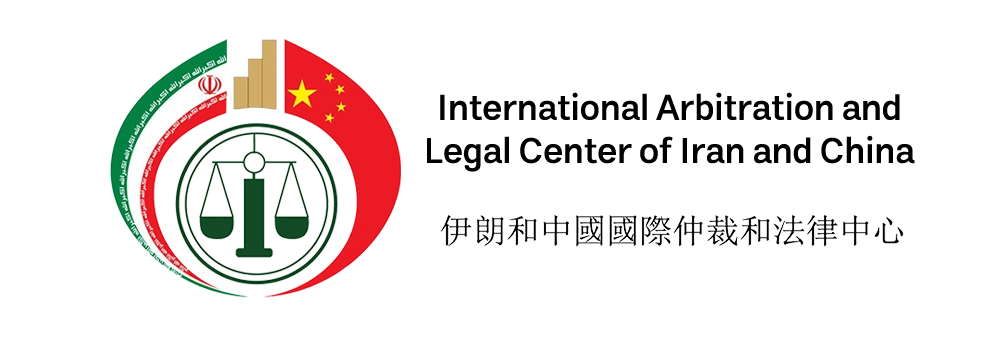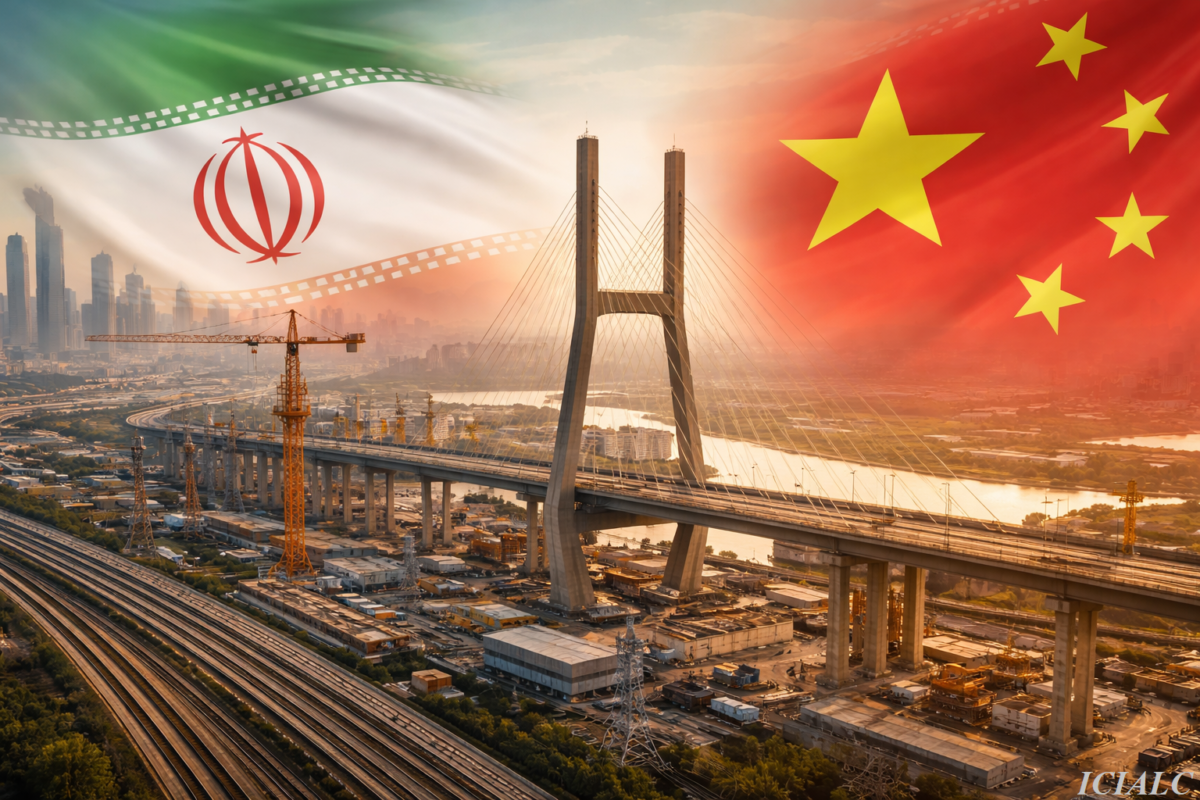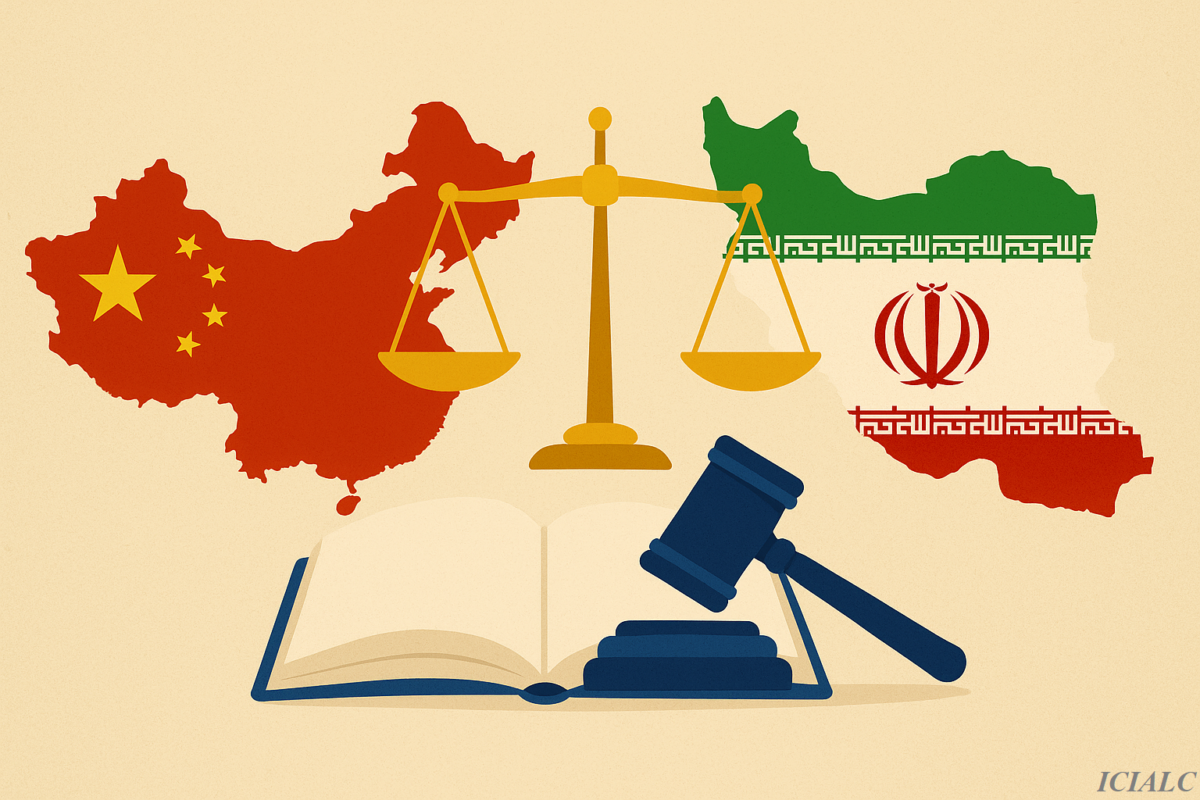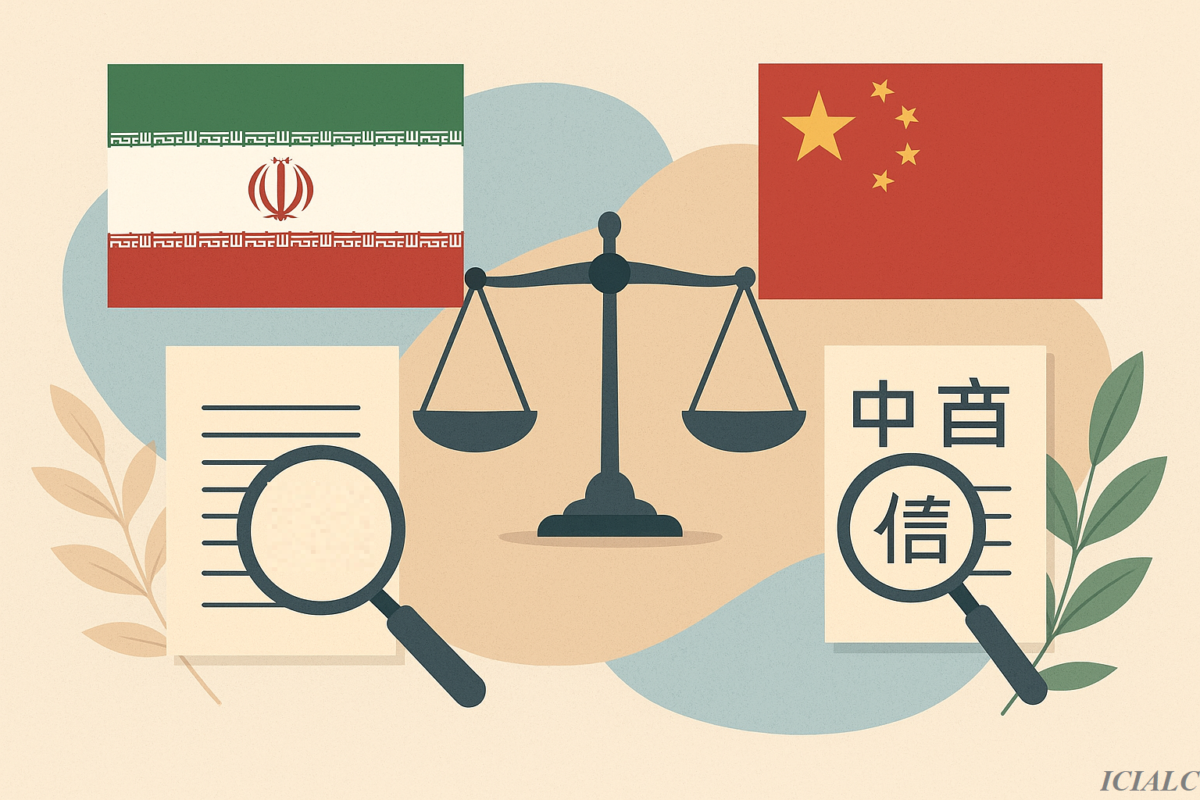With the expanding economic and commercial relations between Iran and China, a precise and profound understanding of international trade law related to these two countries—particularly in the areas of contract drafting, dispute resolution methods, and legal challenges has gained critical importance. As the world’s second-largest economy and one of Iran’s primary trading partners, China provides a vast platform for the exchange of goods, services, technology, and investment, necessitating a thorough comprehension of the applicable domestic and international laws governing this trade.
Structure and Characteristics of Commercial Contracts in China’s Legal System

Commercial contracts under China’s legal system follow specific principles and rules that differ notably from many Western legal systems. In China, contract law is influenced by macroeconomic policies and public interests. Although freedom of contract is recognized, it is conditional upon compliance with governmental regulations and policies.
Contract Language:
In many commercial contracts involving Chinese parties, the use of the Chinese language as the official contract language is mandatory, and translated versions must be fully accurate and authentic. Translation errors may lead to serious disputes.
Dispute Resolution Authority:
Contracts typically designate arbitration as the primary dispute resolution method. The arbitration authority must possess sufficient credibility and recognition.
Place of Performance:
It is critical to specify precisely the place where contractual obligations will be performed, including delivery of goods, payment, and provision of services, to avoid potential ambiguities.
Force Majeure and Special Economic Conditions:
Given economic fluctuations, sanctions, and particular political conditions, contracts often include comprehensive and clear force majeure clauses.
Governing Laws of Contracts
International commercial contracts with Chinese parties are generally governed by Chinese law unless the parties agree otherwise. However, due to China’s sensitivity towards its internal laws, the Chinese party usually prefers the application of Chinese domestic law.
Arbitration in Iran-China Commercial Relations: Authority, Process, and Enforceability of Arbitration Awards
Dispute resolution through arbitration is one of the most widely used and effective methods in international trade. In Iran-China relations, arbitration offers a faster route for dispute settlement compared to domestic courts and benefits from enforceability in multiple jurisdictions.
Recognized Arbitration Authorities:
One of the most reputable arbitration bodies in China is the China International Economic and Trade Arbitration Commission (CIETAC), with a long history and extensive experience in resolving international trade disputes.
Features of Arbitration in China:
Arbitration awards in China are generally final, binding, and not subject to appeal in Chinese courts, which underscores the necessity for precise drafting of arbitration clauses and agreements.
Arbitration Process:
Arbitration is usually conducted privately, more swiftly, and at lower cost than court litigation, with the possibility of appointing expert arbitrators from both countries.
Enforceability of Arbitration Awards in Iran and China:
Both Iran and China are parties to the New York Convention on the Recognition and Enforcement of Foreign Arbitral Awards, facilitating the enforcement of arbitration awards in both countries.
Legal Challenges in Trading Goods with China
While trading goods with China offers extensive opportunities, it also encounters several legal challenges and obstacles that economic actors must be aware of:
Restrictions and Prohibitions:
Certain goods such as advanced technology products, dual-use items (with both civilian and military application), and sensitive items are subject to stringent controls in China. Exporting or importing these goods requires special permits and registration in government databases.
International Sanctions and Restrictions:
International sanctions may restrict the export or import of certain goods to or from Iran, necessitating detailed review of sanctions laws and guidelines.
Quality and Standards:
Differences in quality standards, labeling, and packaging between Iran and China may lead to disputes and legal problems.
Customs and Clearance Issues:
Customs regulations differ between China and Iran, requiring full compliance with both countries’ rules to avoid delays or penalties.
Liability for Quality and Warranties:
Clear contractual provisions regarding warranties and liabilities are of high importance.
Compliance of Contracts with International Conventions and Standards
Although Iran is not a party to the United Nations Convention on Contracts for the International Sale of Goods (CISG), China, as an active member, mandates the application of its principles in commercial contracts. Therefore:
Impact of CISG on Iran-China Contracts:
Even if Iran is not a party, in contracts involving a Chinese party, CISG principles may serve as a contractual framework or a basis for dispute resolution.
Non-Compliance with International Laws:
Non-conformance of contracts to international laws may lead to invalidity or diminished enforceability in arbitration and courts.
Adherence to Other Conventions and Regulations:
Such as INCOTERMS in transportation, maritime and air transport conventions, and relevant customs standards.
Importance and Necessity of Comparative Legal Knowledge and Specialized Legal Advice in Iran-China Trade
Given fundamental differences between the Iranian and Chinese legal systems and the complexities of international trade law, possessing comparative legal knowledge and working with professional legal advisors is essential for companies and economic actors.
Specialized and Up-to-Date Training:
Economic actors should pursue continuous education on legal regulations in Iran and China and recent developments in international trade.
Thorough Legal Review of Contracts:
Drafting of contracts must be meticulous and consider all legal aspects to prevent future disputes.
Utilization of Bilingual and Specialized Legal Advisors:
Advisors familiar with both legal systems and international trade provide significant assistance in dispute prevention and resolution.
Attention to Cultural and Economic Dimensions:
Beyond legal matters, the cultural differences and business approaches of the two countries should be taken into account during negotiations and contract drafting.
Summary
International trade between Iran and China offers vast potential for economic development but also entails its unique complexities and risks. Accurate knowledge of China’s legal system, principles of commercial contract drafting, effective dispute resolution methods, and attention to legal challenges are key factors contributing to commercial success. Enhancing legal literacy, engaging specialized legal counsel, and complying with international standards are pivotal for risk management and fully leveraging opportunities in Iran-China trade.












